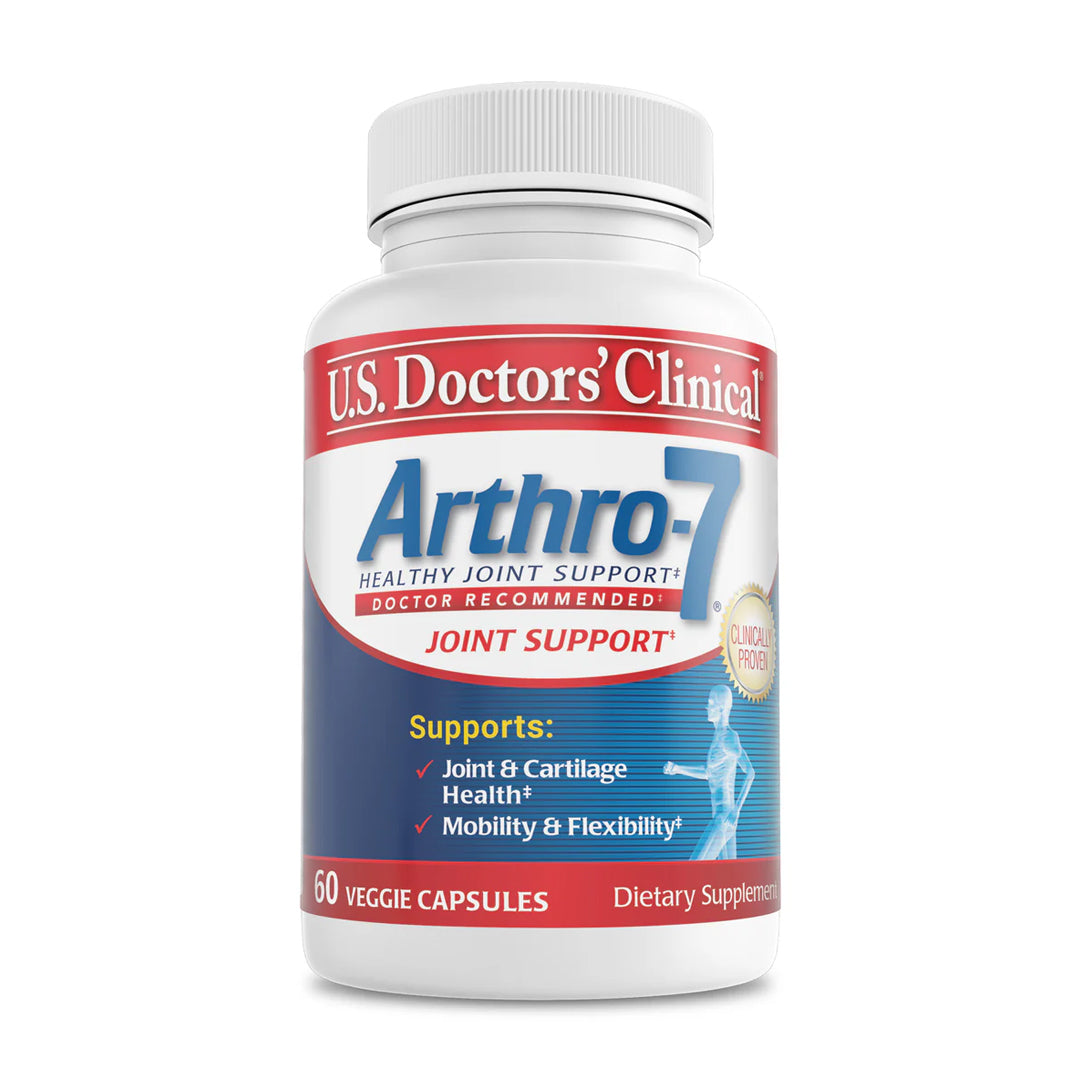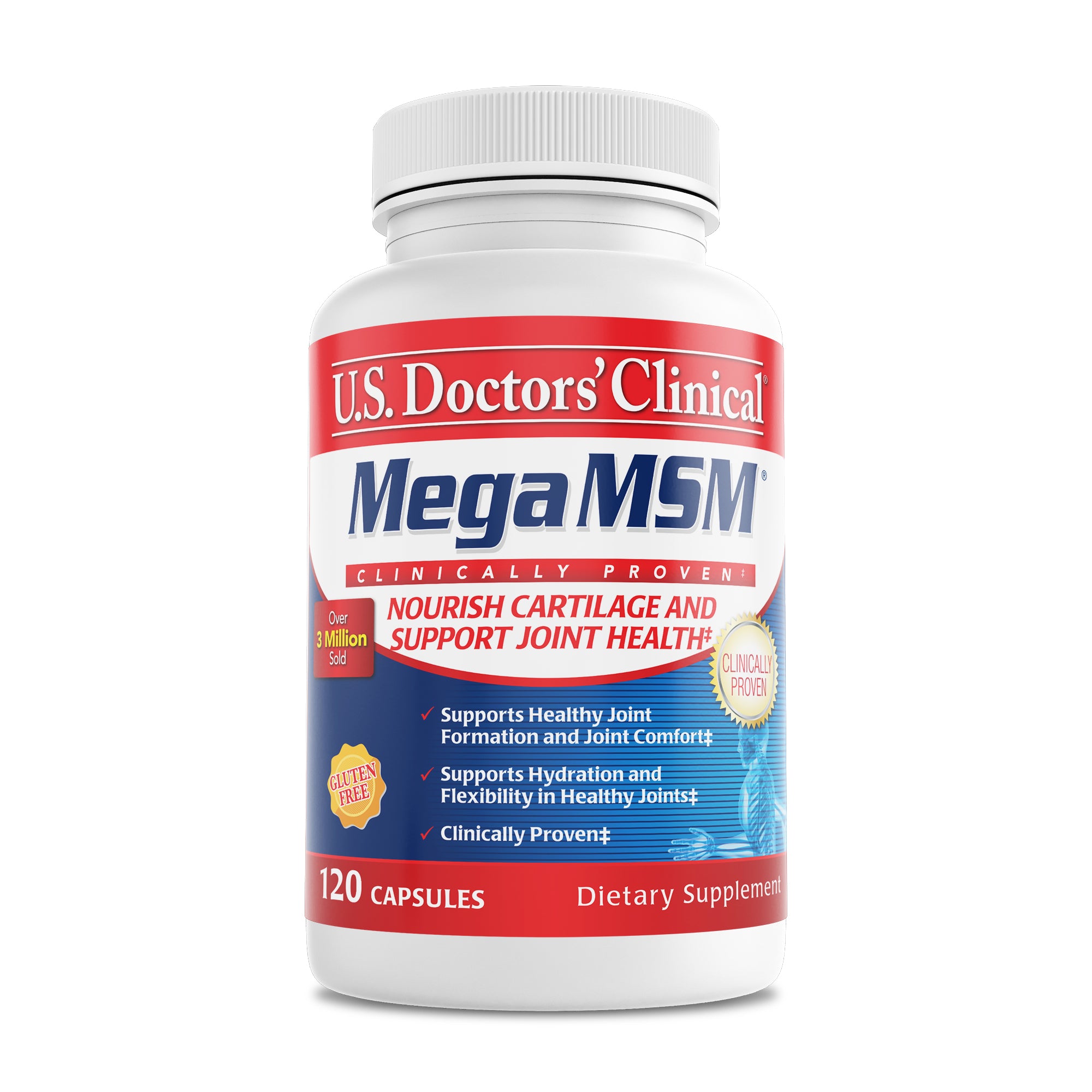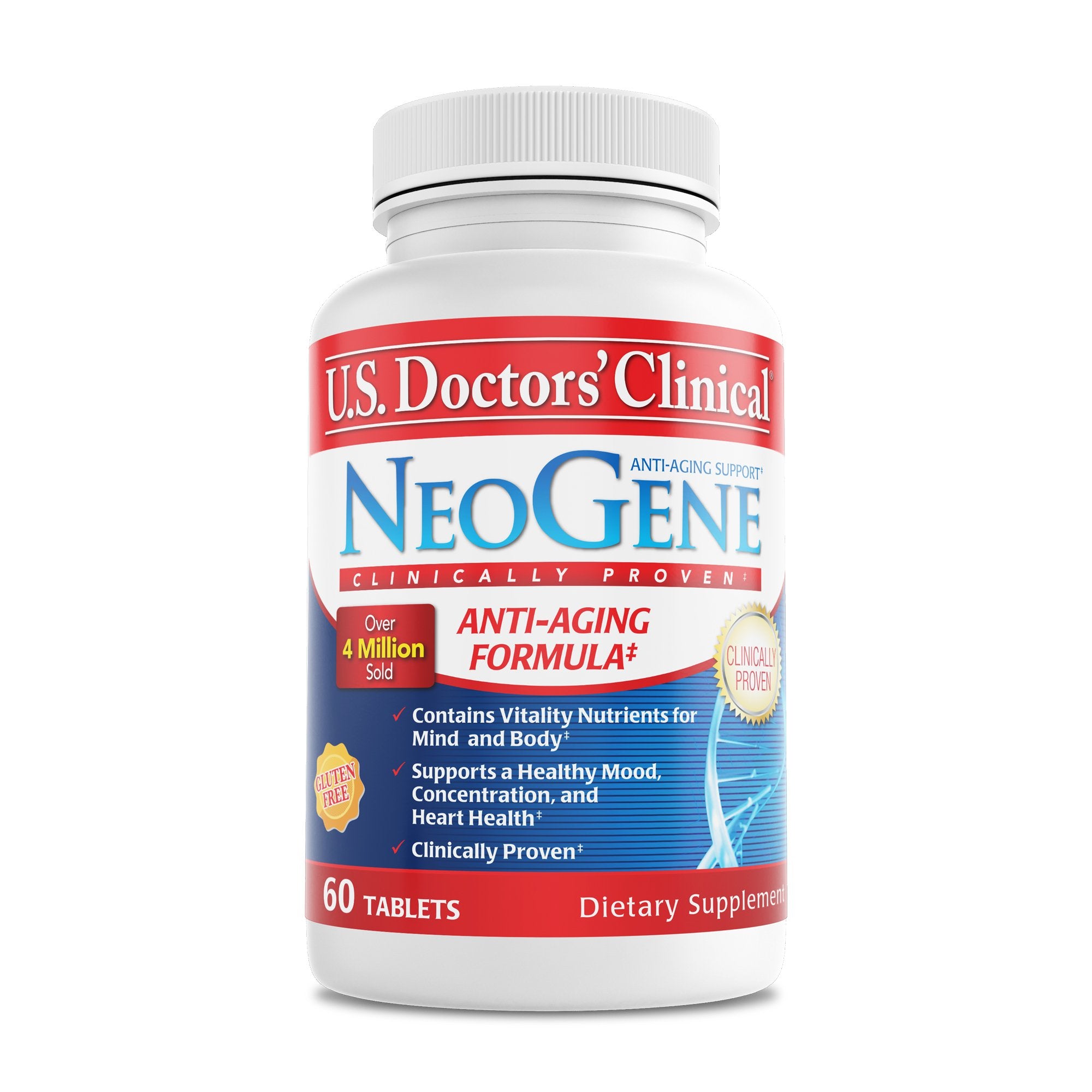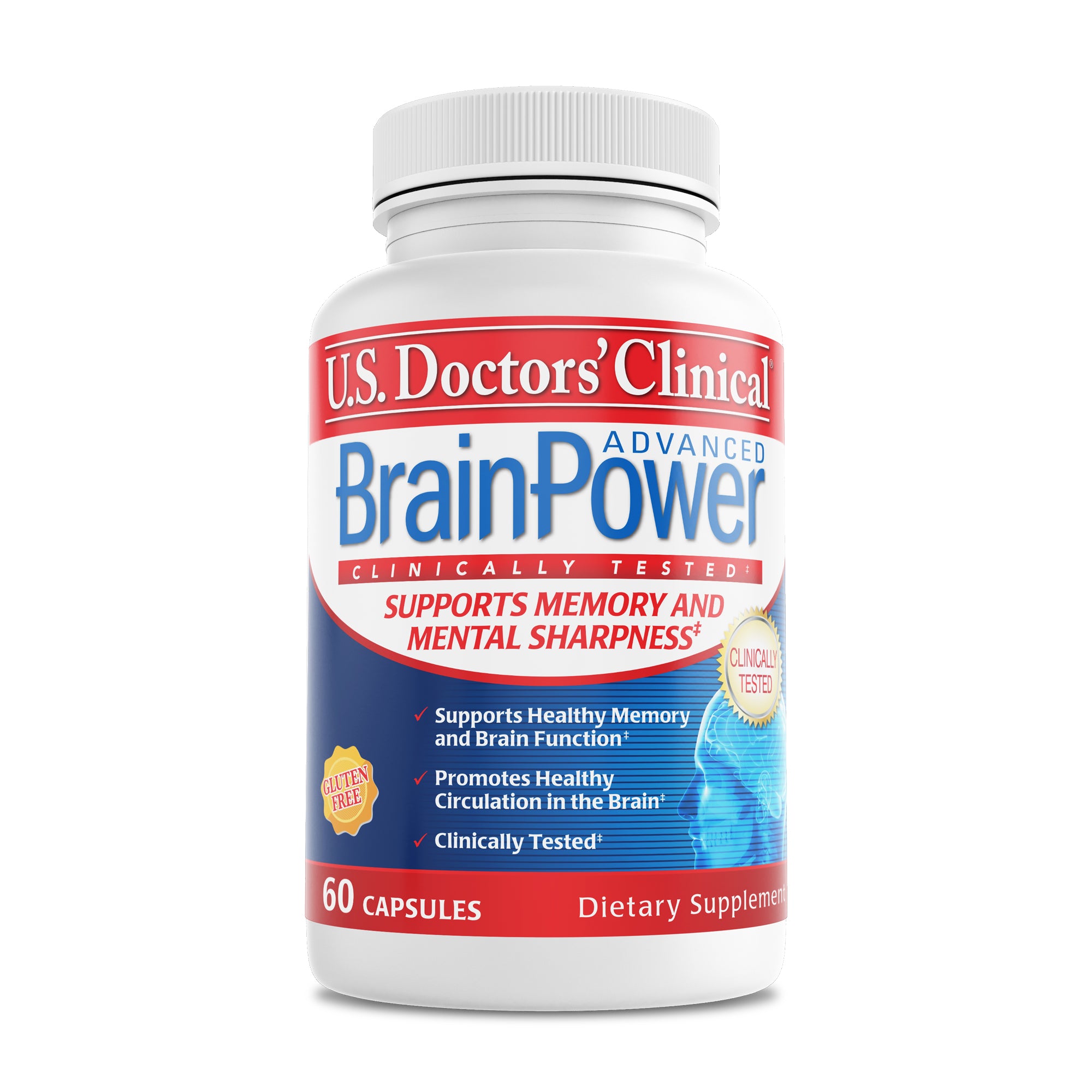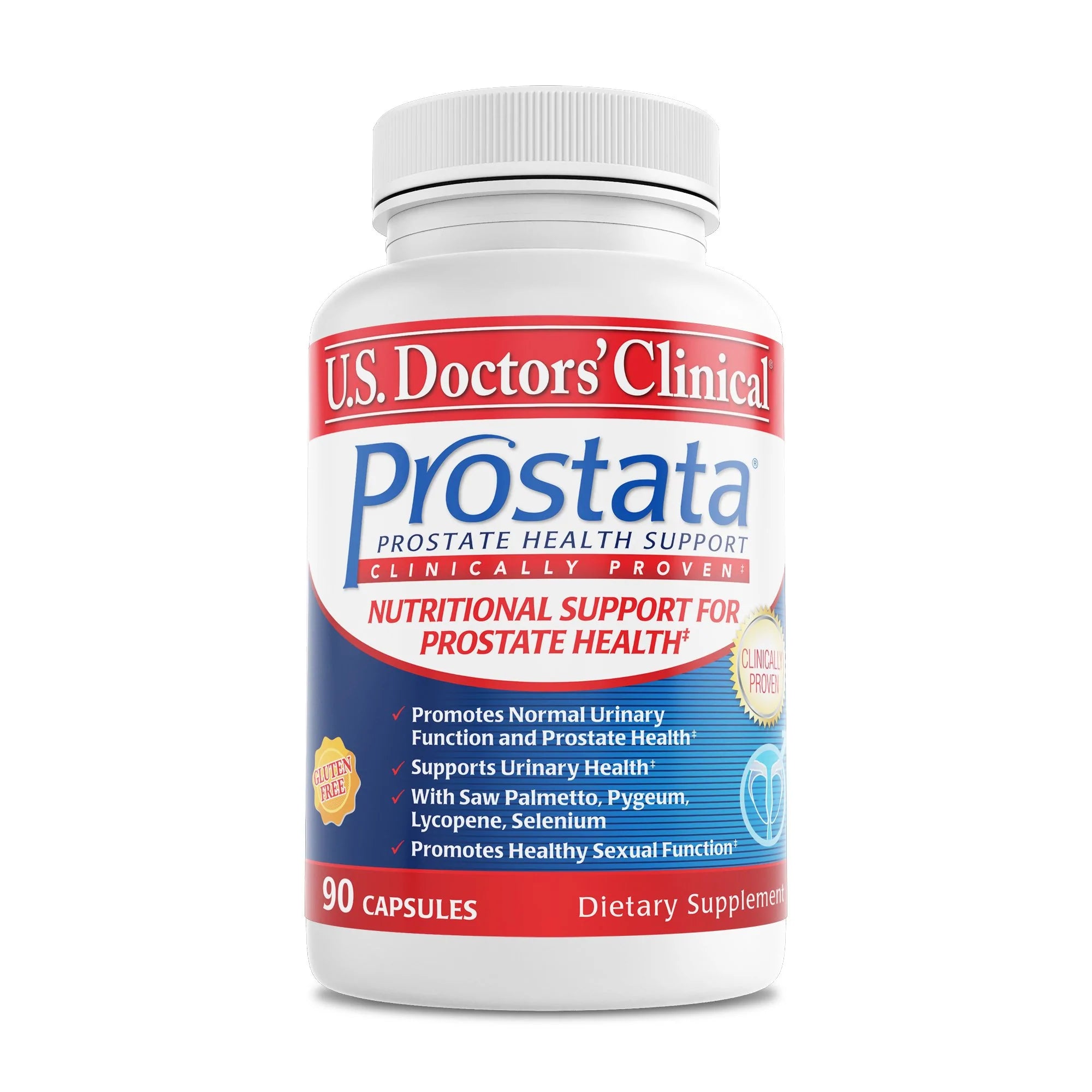Learn Proper Prostate Support with Prostata®

It's Never Too Late to Protect Your Prostate
It’s easy to forget, but the prostate gland plays a crucial role in the male reproductive system. A majority of men are not aware of the function of the prostate gland and the importance of maintaining prostate health, especially as one ages. As a man gets older, the prostate, responsible for making semen and giving it its liquidity, typically increases in size. The first change comes in the early years of puberty where the prostate doubles in size. Then in a man’s mid-twenties, the prostate begins to grow again, slower this time, but continuous throughout the rest of his life. At 20, the prostate is the size of a walnut. At 40, it is the size of an apricot. At 60, it can grow to the size of a lemon!
According to the National Health Service in Europe, this causes no problems for two-thirds of men over the age of 50. But for some, changes to the prostate gland over the years may lead to signs such as an overactive bladder. As the prostate enlarges, it presses down on the urethra, the tube that carries urine out of the bladder for voiding. This pressure can lead to the following symptoms: sensation that the bladder is not empty even after urinating; feeling an urgent need to urinate; a weak urinary stream, and the need to urinate several times during the night.
It’s Time to Take a Hands-on Approach to Prostate Health
For proper maintenance of your prostate, all it takes is a few changes to your diet and lifestyle to see a positive difference. Here are a few simple steps you can take to support healthy urinary function:
Stay fit and active. Maintaining a healthy weight and exercising regularly has proven benefits to prostate health. According to Rush University Medical Center, healthy weight management can help lower the risk of prostate problems. Specific exercises, such as simple clench-and-release kegel exercises, can also help strengthen the muscles of the pelvic floor.
Add color to your diet. Eating more fruit and vegetables, especially colorful, lycopene-rich foods such as tomatoes, watermelons, pink grapefruits, guava and papaya can provide good antioxidant support.
Talk to your doctor. Don't shy away from talking to your doctor about prostate health. If you have a family history of prostate problems, it is crucial to have a conversation about how you can take a proactive approach to maintain urinary health.
Get extra support. Supplements are a great way of getting extra nourishment and nutrients when you are unable to do so through your diet alone. Prostata® is one such urinary health supplement that can step in to support a healthy prostate.
Stay one Step Ahead with Prostata
Prostata® by U.S. Doctors’ Clinical has a repertoire of ingredients such as lycopene, saw palmetto, pumpkin seed oil, nettle and African Pygeum—nutrients that work in conjunction with a host of vitamins and minerals (zinc, copper, vitamin E, vitamin B6, and selenium) in this comprehensive formula to help nourish your prostate and support urinary health. With over 4 million bottles sold, this clinically tested formula can put you on the road to better prostate health, overall well-being, and an improved quality of life.
Taking a proactive approach to supporting prostate health should be a priority for all men, especially with the progression of age. You can take matters in your own hands and do right by your body with wholesome eating, taking crucial prostate-friendly supplements, and ensuring that you make necessary lifestyle and diet changes in order to tone your prostate and maintain urinary health for years to come.
